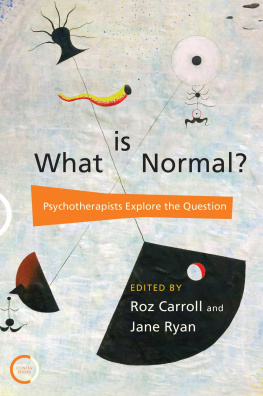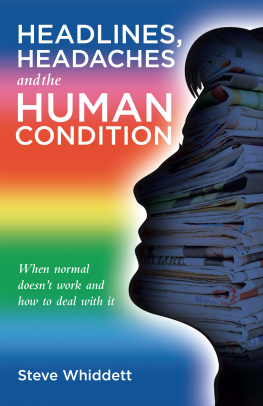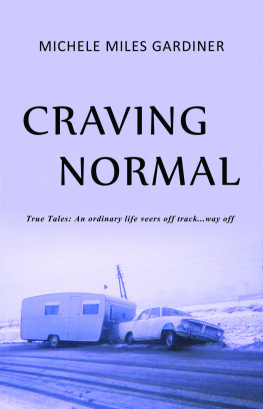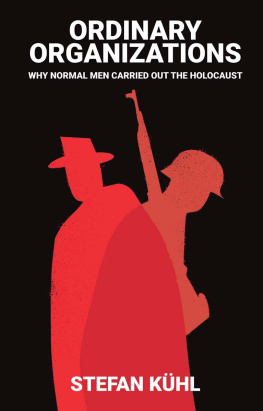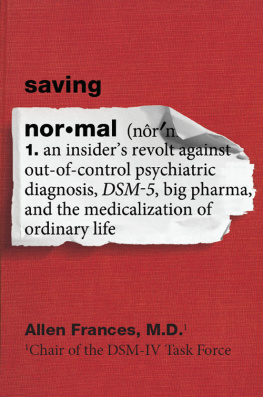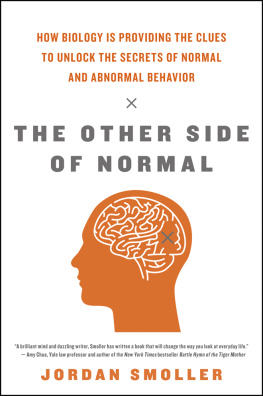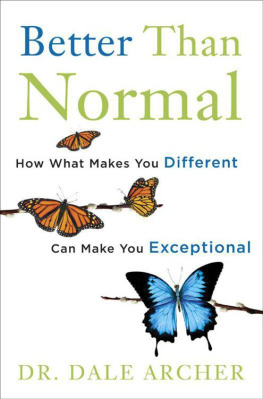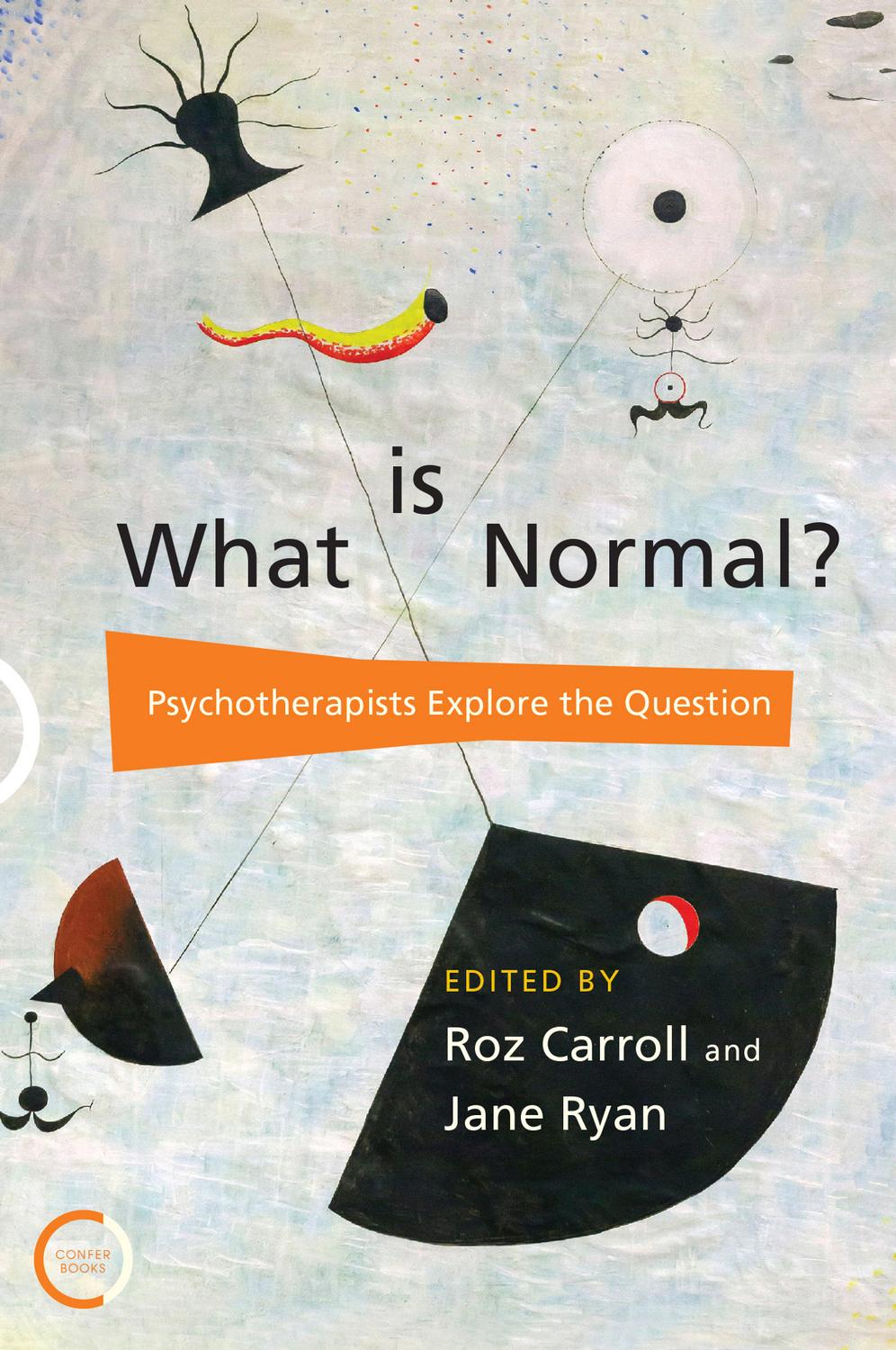Roz Carroll is a relational body psychotherapist and supervisor. She teaches on the MA in Integrative Psychotherapy at the Minster Centre and has been a regular speaker for Confer for twenty years. She was a founding co-editor in 2005 of the Journal of Body, Movement and Dance in Psychotherapy. She is the author of numerous articles and chapters on subjects such as working with the body in psychotherapy, intersubjectivity, culture, authentic movement and creative process. With Jon Blend she has developed Witnessed Improvised Diaspora Journey Enactments (WIDGE): an approach to working with therapists on embodied memories of collective and intergenerational trauma.
Jane Ryan trained as a psychotherapist at the Centre for Attachment-based Psychoanalytic Psychotherapy (CAPP) in the 1990s. She set up Confer in 1999 in order to bridge the theoretical gaps between psychotherapeutic schools of thought. This provided a new platform for interdisciplinary dialogue and has grown into an internationally known cultural space for thinking about the mind, and exploring ideas about how people think, feel and behave. In the 1970s, she co-founded a multicultural community centre in St Pauls, Bristol then known as The Inkworks. From there she went on to work for several years in community development projects in London. She is the editor of two previous books, How Does Psychotherapy Work? (Karnac, 2006) and Tales of Psychotherapy (Karnac, 2007). She currently works as Creative Director of Confer.
Doris Brothers is a co-founder of the Training and Research in Intersubjective Self Psychology Foundation (TRISP). She was co-editor of Psychoanalysis, Self and Context from 2015 to 2019. She is an associate editor of Psychoanalytic Inquiry and chief editor of eForum, the online newsletter of the International Association of Psychoanalytic Self Psychology (IAPSP). She serves on the advisory board and council of IAPSP. She has published numerous papers and three books: Toward a Psychology of Uncertainty: Trauma-Centered Psychoanalysis (2008), Falling Backwards: An Exploration of Trust and Self-Experience (1995) and, with Richard Ulman, The Shattered Self: A Psychoanalytic Study of Trauma (1988). She is in private practice in Manhattan, New York, USA. In recent years she has presented workshops and supervision/study groups with Jon Sletvold on the embodiment of traumatic experience.
viii Meg-John Barker is the author of a number of popular books on sex, gender, and relationships, including Queer: A Graphic History (with Jules Scheele), How To Understand Your Gender (with Alex Iantaffi), Enjoy Sex (How, When, and IF You Want To) (with Justin Hancock), Rewriting the Rules, and The Psychology of Sex. They also work as a one-to-one writing mentor, as a creative consultant on various projects, and speak and train on gender, sexual and relationship diversity. They were an academic psychologist and UKCP accredited therapist for many years before focusing on writing full time. They are an internationally recognised expert on gender, sexual, and relationship diversity (GSRD) and therapy, with numerous academic books and papers on the topics of bisexuality, open non-monogamy, sadomasochism, non-binary gender, and Buddhist mindfulness. They co-founded the journal Psychology & Sexuality and the activist-research organisation BiUK, through which they published The Bisexuality Report. They have advised many organisations, therapeutic bodies, and governmental departments on matters relating to gender, sexual, and relationship diversity (GSRD) including writing the BACP document on the topic.
Dr Christopher Clulow is a Consultant Couple Psychoanalytic Psychotherapist, a Senior Fellow of the Tavistock Institute of Medical Psychology and past Director of Tavistock Relationships, London. He has published extensively on marriage, partnerships, parenthood and couple psychotherapy, most recently from an attachment perspective. He is a Fellow of the Centre for Social Policy, Dartington, Editor of Couple and Family Psychoanalysis, a Series Editor for the Library of Couple and Family Psychoanalysis, an international advisory board member of Sexual and Relationship Therapy, and a member of the Scientific Council and Review Board of the International Association for Couple and Family Psychoanalysis. He maintains a clinical and training practice in London and from his home in St Albans.
Tania Glyde is a psychotherapist and counsellor in private practice in London, specialising in working with GSRD (Gender, Sex and Relationship Diverse) clients, mainly from the LGBTQ+, kink/BDSM, polyam/consensually non-monogamous and sex worker communities. They offer both individual and relationship therapy. In 2014, they founded the London Gender, Sex and Relationship Therapy Practice, and trained as a somatic sexologist in 2017. One of their special interests is the LGBTQ+ experience of menopause, an under-researched subject. Their paper How can Therapists and Other Healthcare Practitioners Best Support and Validate their Queer Menopausal Clients? is currently out for review. Tania is a published author (two novels and a memoir) and has written for the Lancet and Lancet Psychiatry.
Jane Haberlin trained with Arbours as a Psychoanalytic Psychotherapist and has worked at the Arbours Crisis Centre and the Womens Therapy Centre. She is a member of the International Association for Relational Psychoanalysis and ix Psychotherapy (IARPP) and a founder member of The Relational School in London. She currently works as a therapist and supervisor in private practice.
Professor Brett Kahr is Senior Fellow at the Tavistock Institute of Medical Psychology in London and also Visiting Professor of Psychoanalysis and Mental Health in the Regents School of Psychotherapy and Psychology at Regents University London. A Consultant Psychotherapist at The Balint Consultancy and a Consultant in Psychology to The Bowlby Centre, he is also a Trustee of the Freud Museum London and of the United Kingdom Council for Psychotherapy. Kahr is the author or editor of fifteen books, including

